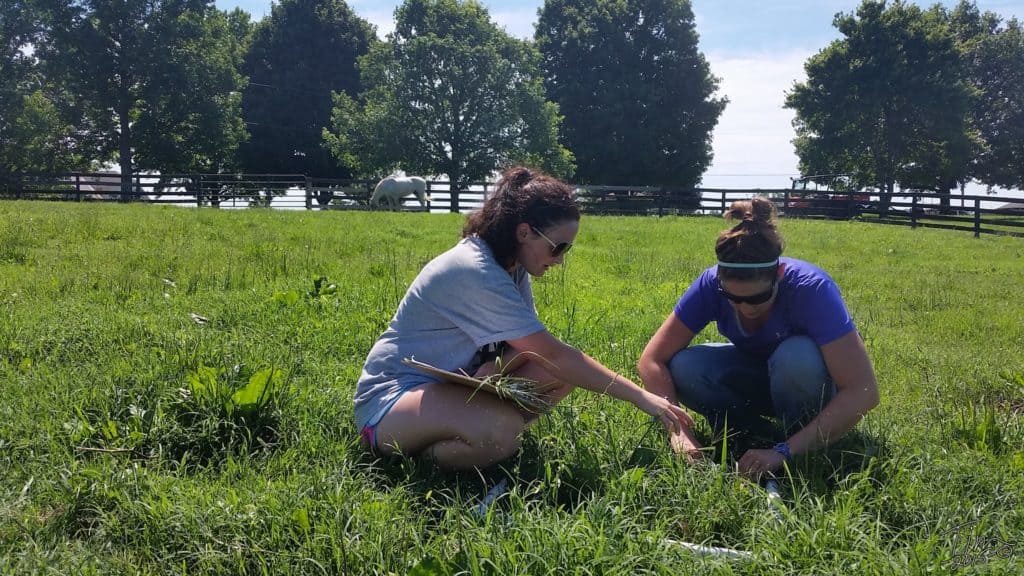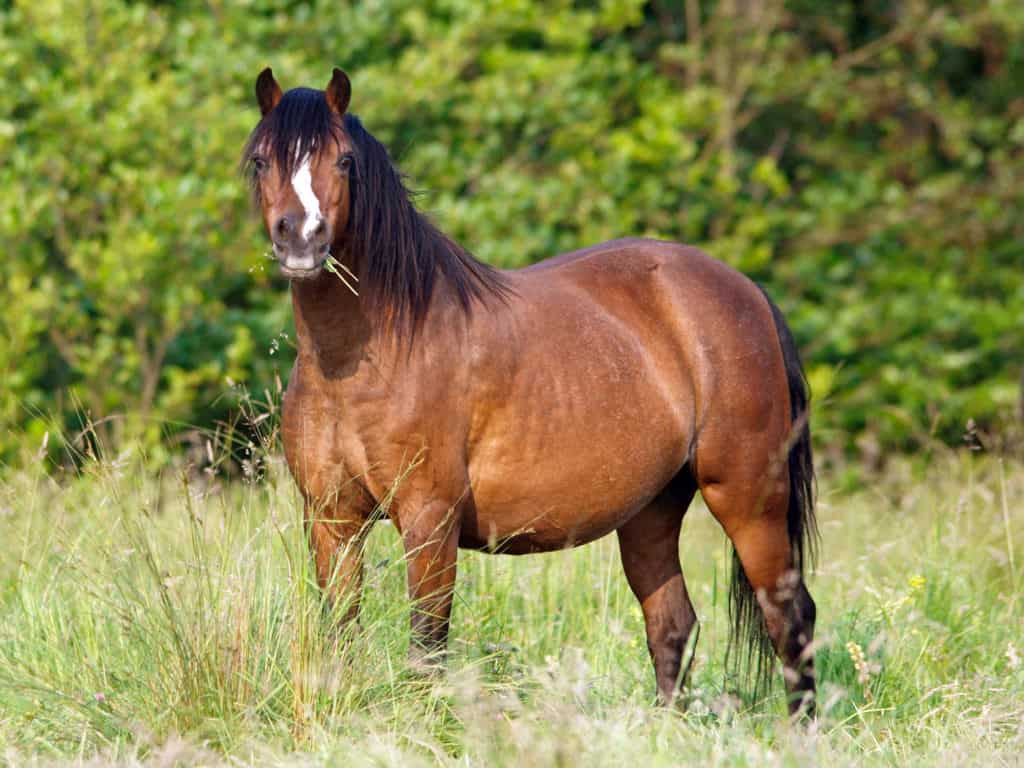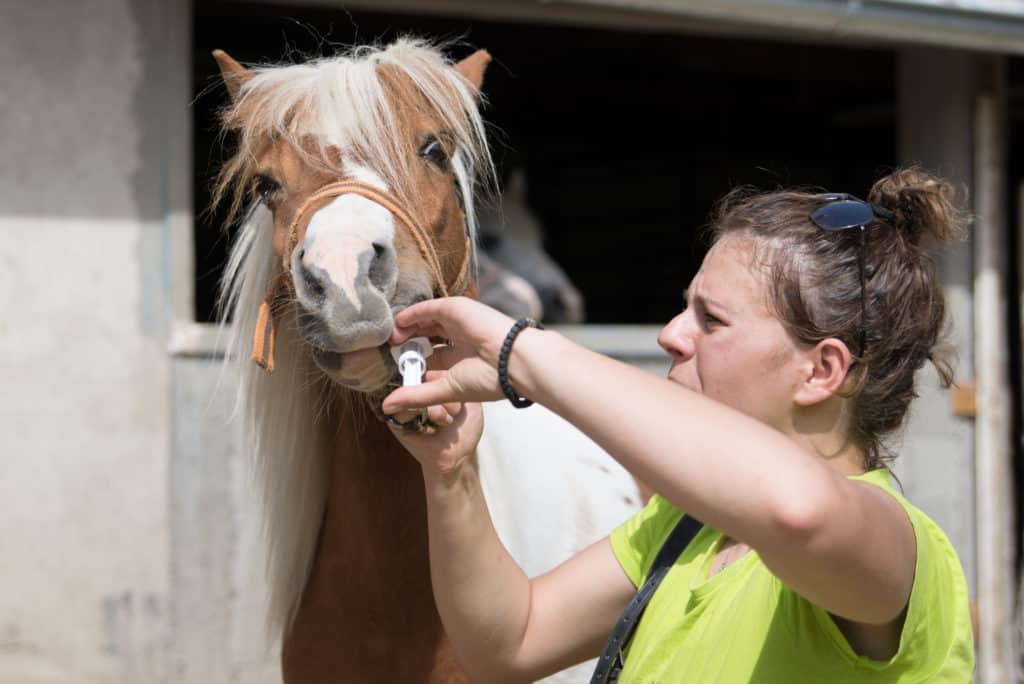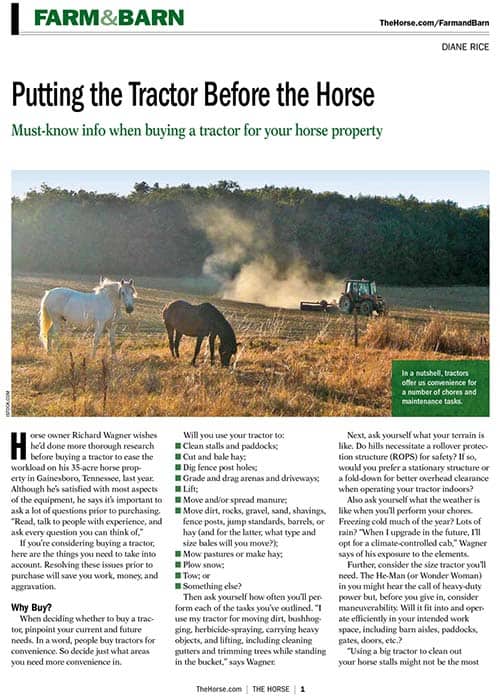2018 UK Equine Farm and Facilities Expo to be Held May 31
Speakers will present on cost sharing, weed control, rotational grazing, ryegrass, and maintaining healthy horses.
Speakers will present on cost sharing, weed control, rotational grazing, ryegrass, and maintaining healthy horses.

Participating farms receive detailed pasture assessments, including grass species composition and tall fescue analysis.

Researchers are working to help owners find ways to help their horses lose weight no matter their circumstances–from boarding facility set up issues to unsound horses that can’t be exercised.

Before horses start grazing on the green grass this spring, check with your veterinarian to ensure your deworming program includes tapeworm control.

Proper spring turnout management and monitoring body condition are important steps to keeping your horse healthy.

Learn important facts about equine internal parasites and their control in this special report!

In regions with mild climates, proper pasture management can allow horses to graze throughout the year.

Find out the pros and cons of a stall vs. pasture birth from Dr. Michelle Linton of the University of Pennsylvania.

Good pasture management begins with maintaining soil fertility to promote the growth of desirable grasses.

Find out how to keep mud from becoming a mess on your horse farm.

Time is of the essence when diagnosing and treating atypical myopathy as it can prove fatal in less than two days.

The conference focuses on teaching ways to maximize alfalfa production and utilization.

Foals with a selenium deficiency are at risk of developing white muscle disease, which leads to skeletal and cardiac muscle abnormalities.

Learn about horse coat colors, skin conditions, pasture weeds, parasites, horse properties, and more.
Lecture topics will include parasitology, gastric ulcers, fescue management, respiratory conditions, and more.

Must-know info when buying a tractor for your horse property.
Stay on top of the most recent Horse Health news with
"*" indicates required fields